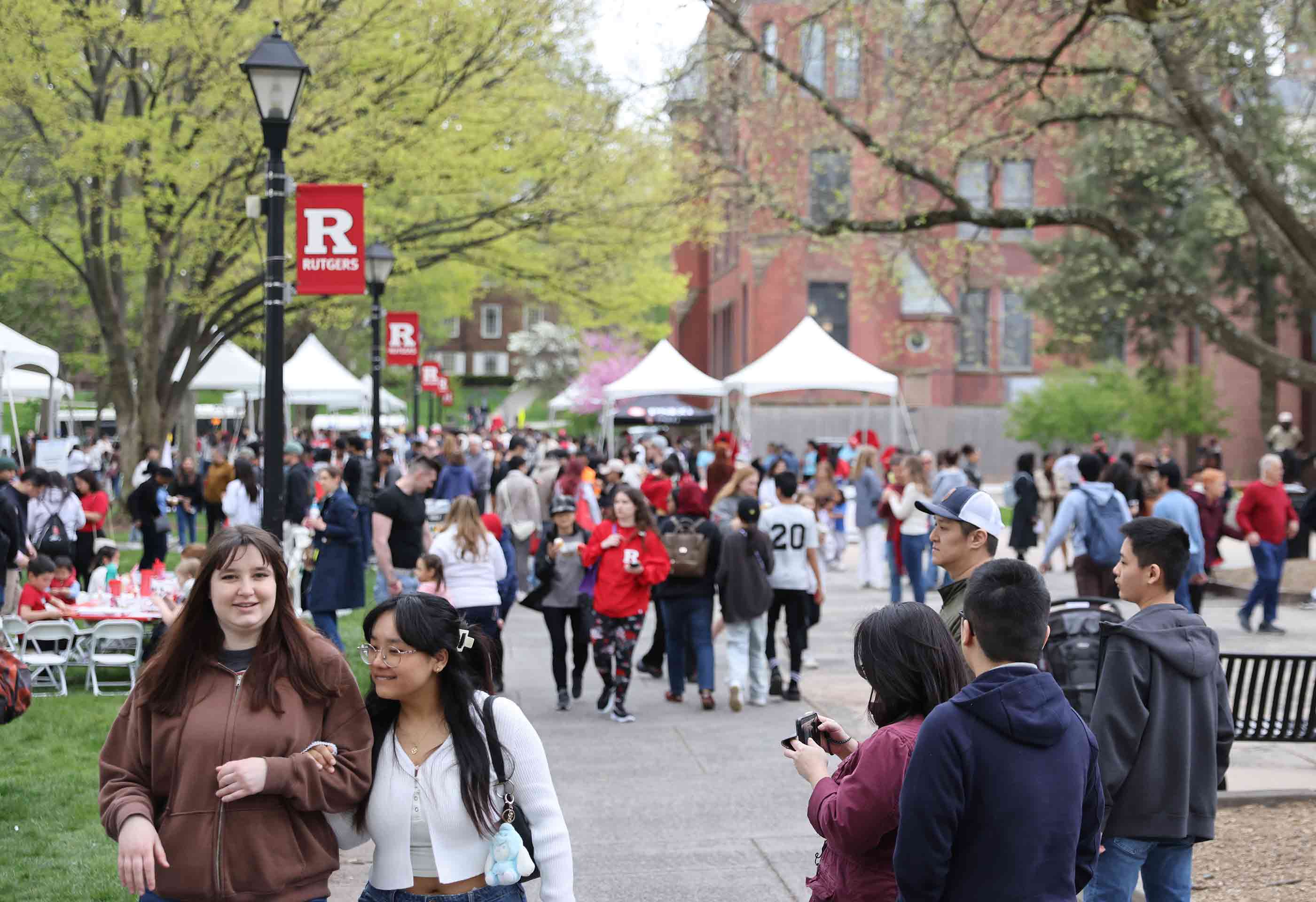Enter a Search Term
Rutgers Day is set for Saturday, April 26, 2025, 10 a.m. – 4 p.m., rain or shine, on the Busch Campus in Piscataway and the College Avenue and Cook/Douglass campuses in New Brunswick. Get ready for the ultimate celebration of everything Rutgers!

